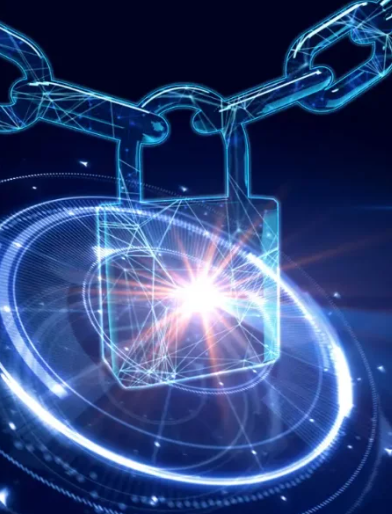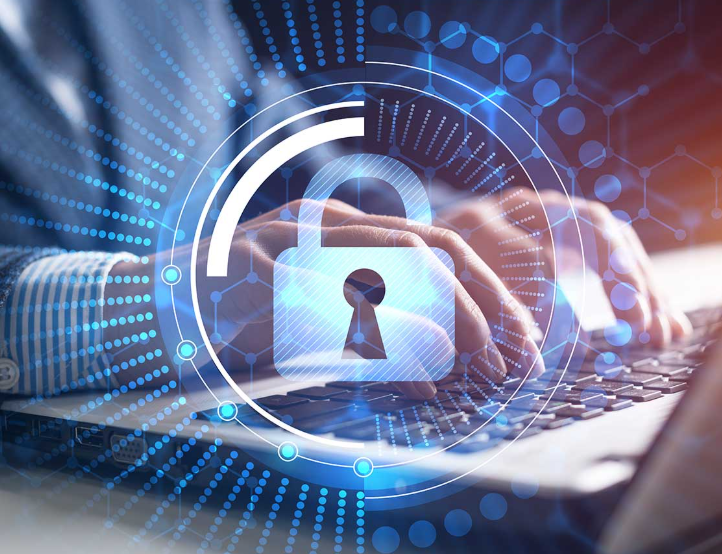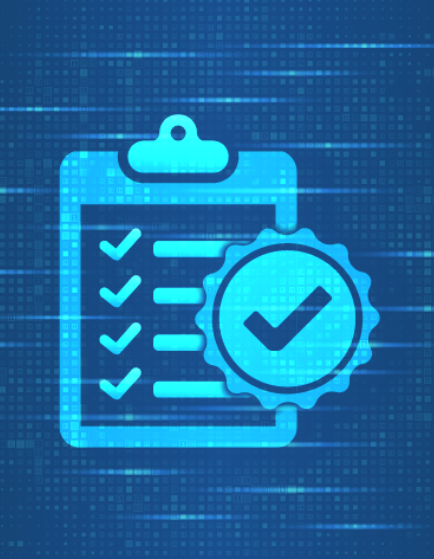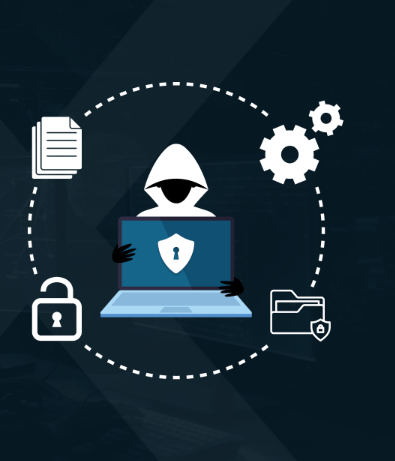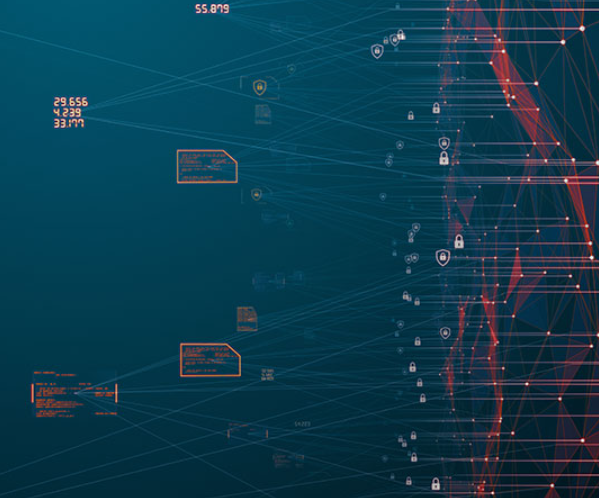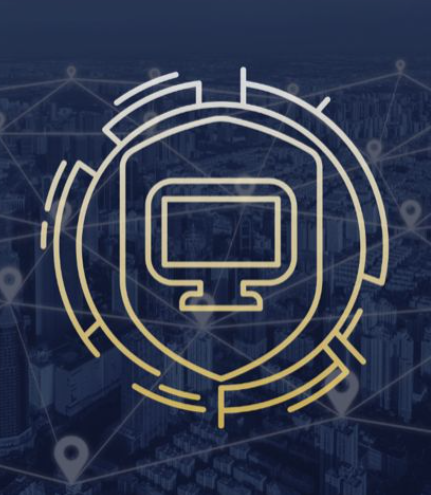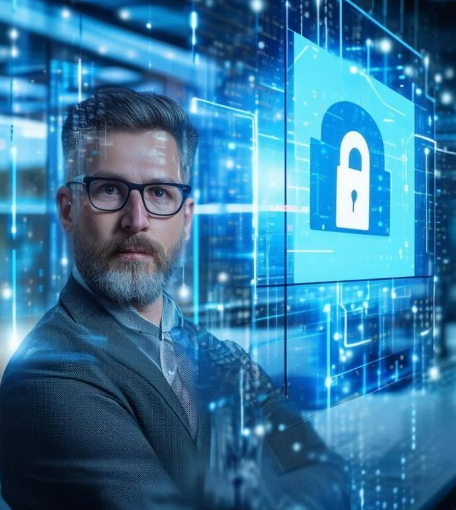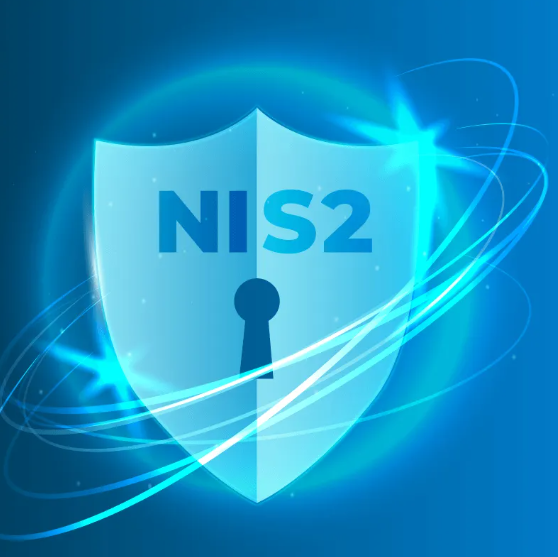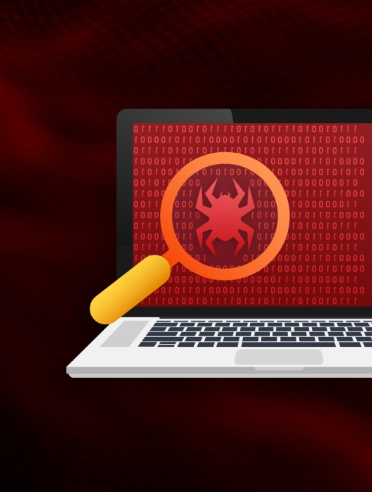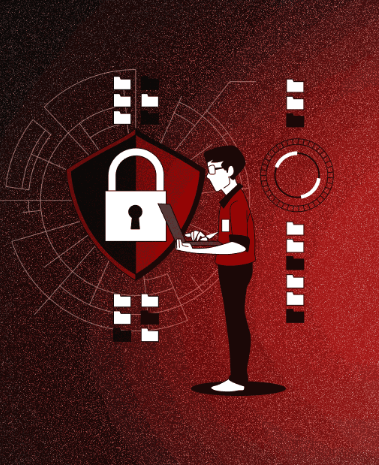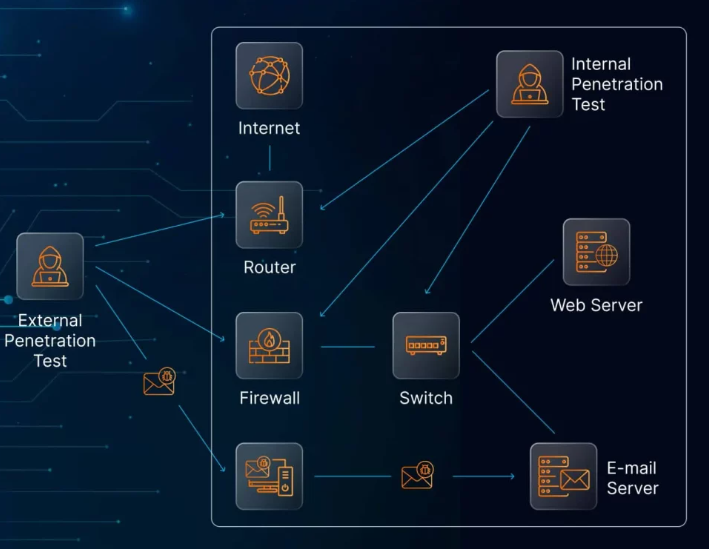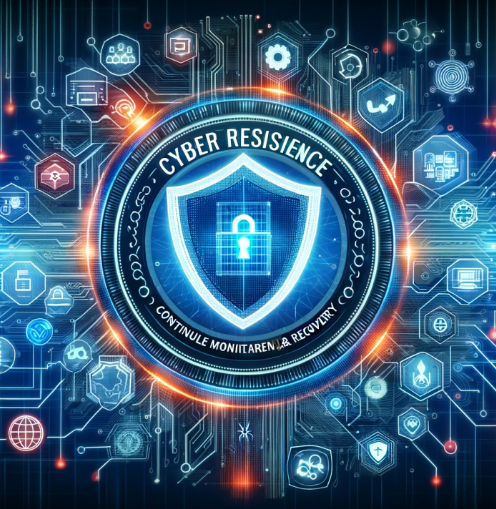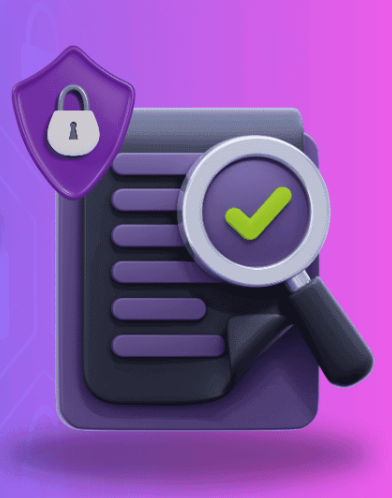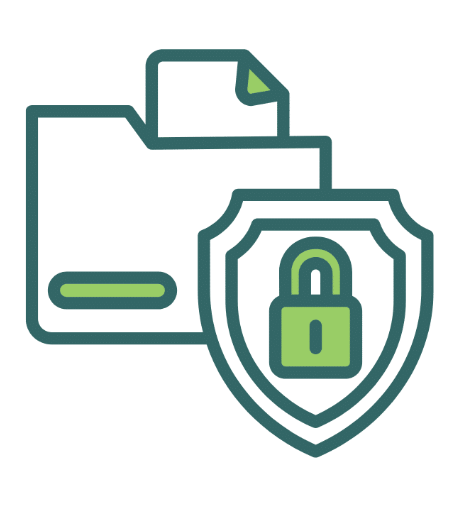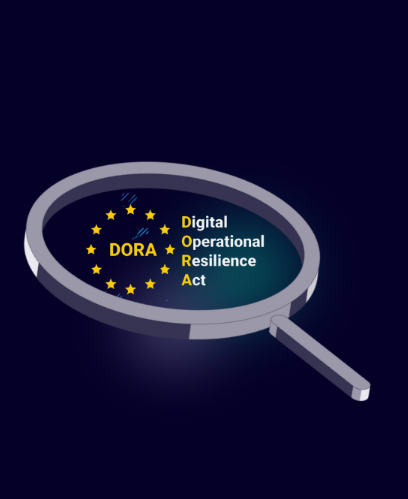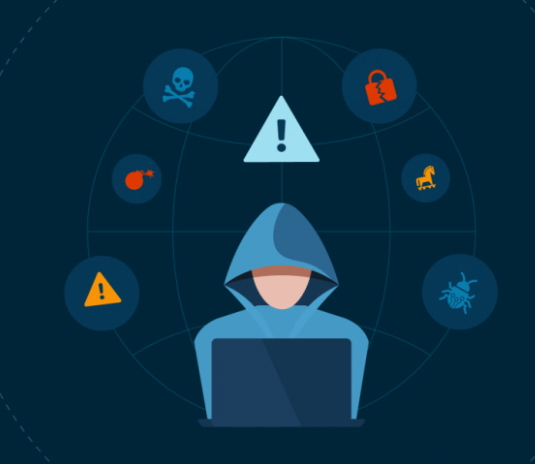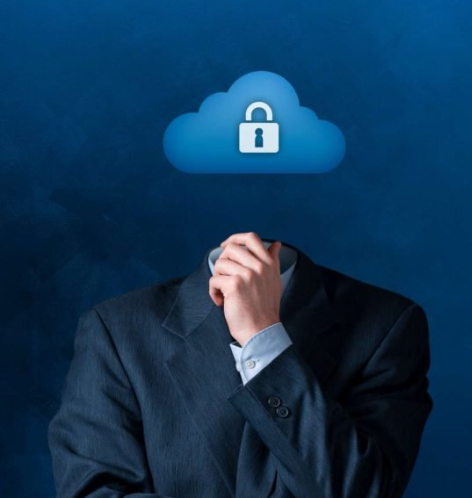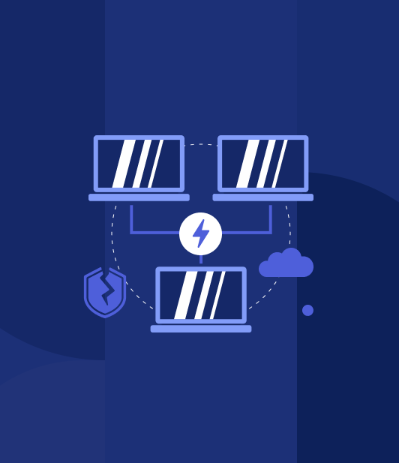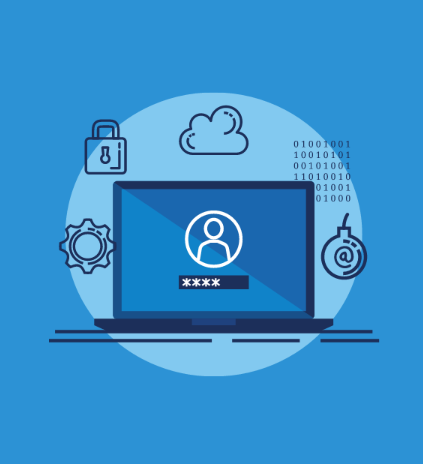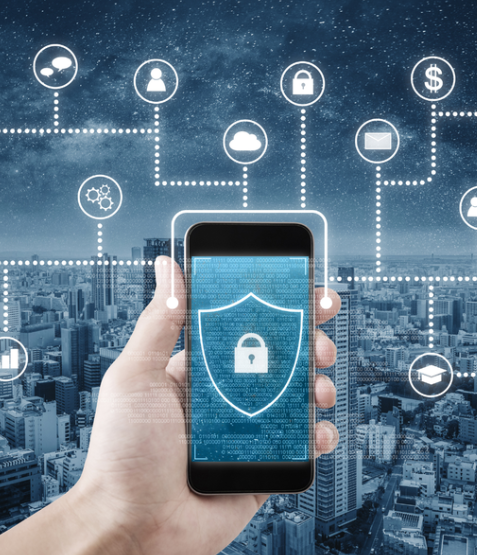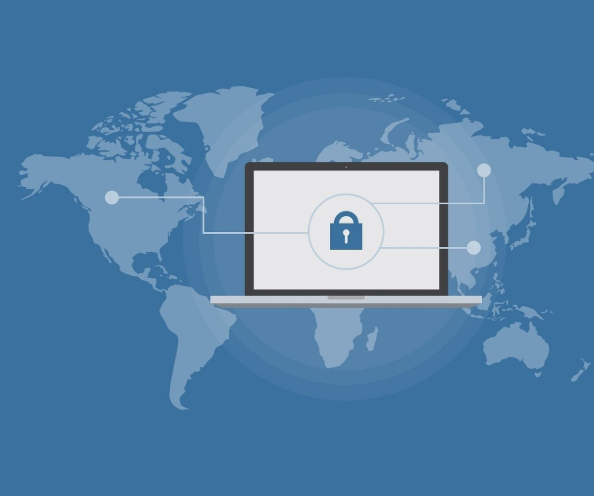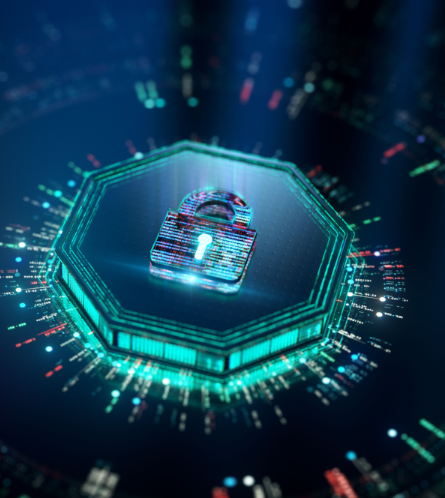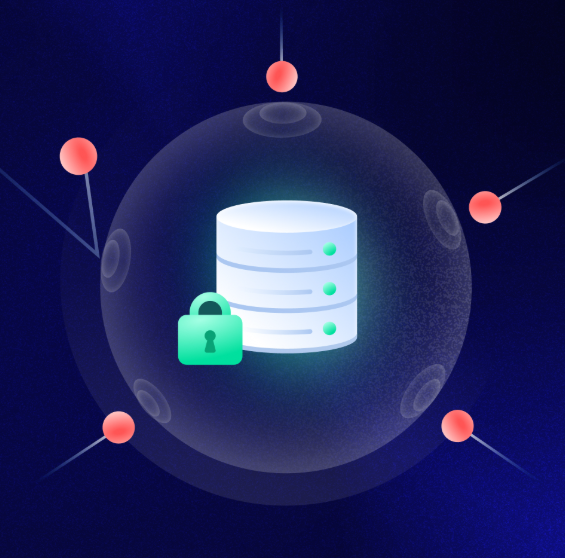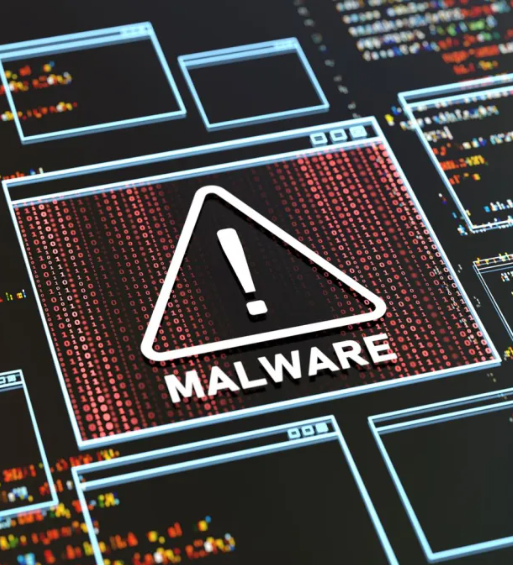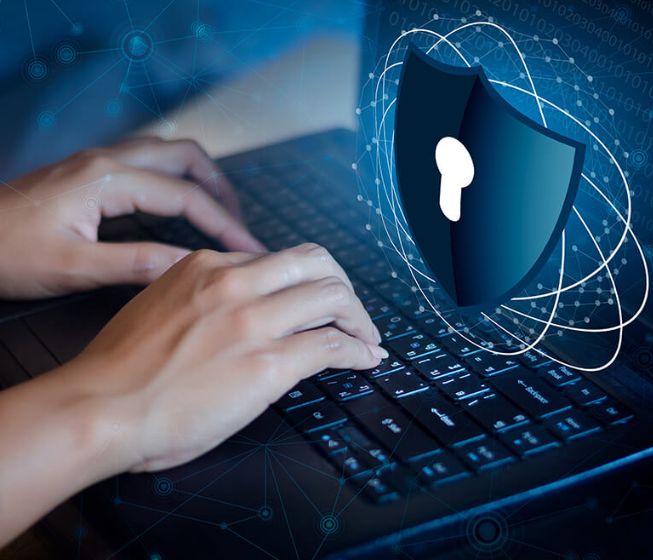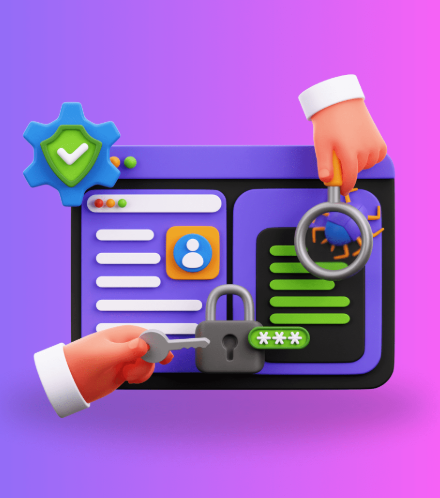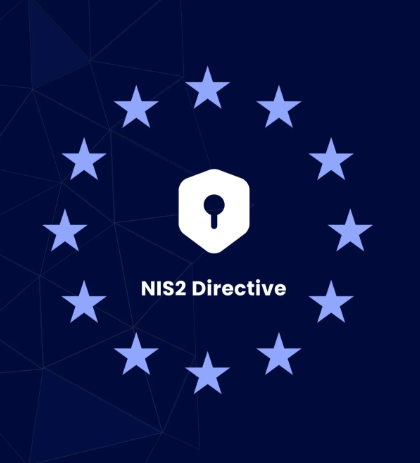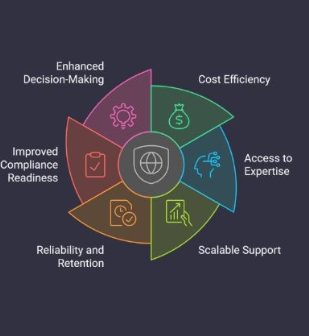
As cybersecurity threats grow more complex and frequent, businesses need robust leadership to manage their digital security strategies. This requires someone who can navigate complex regulations, assess emerging threats, and implement effective responses to incidents. For many organizations, a Virtual Chief Information Security Officer (vCISO) offers the expertise needed to handle these challenges without the cost of a full-time executive.
A Virtual CISO provides strategic leadership, operational know-how, and valuable insights into cybersecurity. This guide will explore the key functions of a vCISO, the advantages they offer, and how they can help strengthen your organization’s security posture.
What is a Virtual CISO?
A Virtual CISO is an external cybersecurity expert who works with various organizations to design and implement effective security strategies. Unlike a full-time CISO, a vCISO offers flexible, on-demand services that can be tailored to the specific needs and budget of an organization. This arrangement provides high-level cybersecurity leadership without the cost and commitment of hiring a permanent, in-house executive.
Key Responsibilities of a Virtual CISO
The vCISO plays a crucial role in overseeing your organization’s cybersecurity efforts. Their responsibilities go beyond simple management; they provide comprehensive leadership and strategic guidance. Below are some of the primary functions a vCISO handles:
Strategic Cybersecurity Planning
A vCISO assesses the current state of your cybersecurity framework, identifies weaknesses, and creates strategies that align with your business objectives. They ensure that your security approach evolves to handle future challenges, all while enabling growth and minimizing operational disruptions.
Risk Management
By conducting thorough risk assessments, a vCISO identifies potential vulnerabilities in your systems. They turn these findings into actionable steps to help you prioritize resources and mitigate risks effectively.
Incident Response
In the event of a cyber attack or data breach, a vCISO guides your organization through a structured response process. They design incident response plans, ensure your team is well-prepared, and oversee the execution of these plans to minimize damage.
Regulatory Compliance
A vCISO ensures that your business adheres to necessary regulations like GDPR, HIPAA, and NIS2. By doing so, they help you avoid penalties while enhancing your reputation as a trustworthy and secure organization.
Leadership and Advisory
Acting as a trusted advisor, the vCISO keeps the leadership team informed about emerging cybersecurity threats and trends. They also help integrate security considerations into strategic decision-making, ensuring your organization is proactive in protecting its assets.
Cybersecurity Culture
A vCISO promotes a strong security culture by educating employees, implementing awareness programs, and ensuring that everyone in the organization understands their role in safeguarding digital resources.
Third-Party Risk Management
With increasing concerns about supply chain attacks, a vCISO evaluates the security practices of third-party vendors to ensure they don’t pose a risk to your organization. They manage external relationships to safeguard your internal systems.
Technology Optimization
A vCISO reviews your existing security technologies and tools, recommending improvements to enhance efficiency and effectiveness. They ensure that your cybersecurity measures are aligned with industry best practices while avoiding redundant or unnecessary costs.
Benefits of Hiring a vCISO
The advantages of engaging a vCISO go beyond just cost savings. They bring substantial value in areas such as expertise, scalability, and operational improvement, making them a valuable asset to any organization.
Cost Savings
Hiring a vCISO is much more affordable than maintaining a full-time, in-house CISO. With flexible engagement models—whether part-time or project-based—you can access top-tier cybersecurity leadership without the long-term financial commitment.
Expert Knowledge
Virtual CISOs bring a wealth of experience from working with organizations in diverse industries. This broad exposure allows them to implement proven strategies and offer innovative solutions tailored to your specific security needs.
Scalable Support
As your business grows, your cybersecurity needs evolve. A vCISO can scale their services to match your organization’s changing risk profile and business goals, ensuring you remain protected as you expand.
Access to a Wide Network
By working with a vCISO, you gain access to a network of cybersecurity specialists. Whether you need help with penetration testing, MXDR (Managed Extended Detection and Response), or security awareness, this network of experts can address a variety of challenges and mitigate risks.
Continuous Leadership
Unlike in-house CISOs, who may leave after a short tenure, vCISOs provide consistent leadership. This stability helps maintain the integrity of your security program, even during transitions.
Enhanced Compliance
Cybersecurity regulations are constantly changing, and staying compliant is critical. A vCISO helps you navigate these changes, ensuring your organization meets requirements and avoids costly penalties.
Better Decision-Making
A vCISO helps bridge the gap between technical teams and leadership. By translating complex cybersecurity issues into actionable insights, they empower decision-makers to prioritize security while balancing it with business goals.
When Should You Consider Hiring a vCISO?
Here are some signs that your organization may benefit from hiring a vCISO:
- Lack of In-House Cybersecurity Leadership: If your company lacks a dedicated cybersecurity leader, a vCISO can fill that gap with expert guidance.
- Budget Constraints: For businesses unable to afford a full-time CISO, a vCISO provides a cost-effective solution.
- Recent Cybersecurity Incidents: If you’ve experienced a data breach or cyber attack, a vCISO can help strengthen your defenses and improve incident response protocols.
- Compliance Requirements: Meeting regulatory requirements can be challenging. A vCISO ensures that your company stays compliant with industry standards.
- Rapid Business Growth: As your business grows, so do your cybersecurity needs. A vCISO can scale your security measures to match your organization’s expanding operations.
Implementing a vCISO in Your Organization
To maximize the value of a vCISO, follow these steps:
- Assess Your Security Needs: Conduct a comprehensive security audit to understand your organization’s vulnerabilities and identify areas that need attention.
- Define the Scope and Objectives: Clearly outline the vCISO’s role and responsibilities, setting measurable goals such as improving compliance or reducing response times.
- Select the Right vCISO: Choose a vCISO with relevant certifications, industry experience, and a proven track record. Ensure they have strong communication and strategic skills.
- Integrate with Internal Teams: Foster collaboration between the vCISO and your internal teams. Ensure they have access to the necessary systems and tools to perform their duties effectively.
- Monitor Progress: Establish KPIs and regularly review the vCISO’s performance to ensure they’re meeting your security objectives.
Overcoming Common Challenges with a vCISO
While a vCISO brings many benefits, their integration may face some challenges. These include overcoming internal resistance, ensuring effective resource management, and tracking success. Clear communication and defined expectations are key to addressing these issues and ensuring a smooth collaboration between your organization and the vCISO.
Conclusion
A Virtual Chief Information Security Officer (vCISO) offers the leadership, expertise, and strategic oversight needed to protect your organization against evolving cyber threats. Whether you are seeking to strengthen your security posture, ensure compliance, or enhance incident response, a vCISO can provide flexible, cost-effective solutions tailored to your needs. By working with a vCISO, you gain access to high-level expertise without the need for a full-time commitment, allowing you to stay ahead of cybercriminals and safeguard your business’s digital assets.


